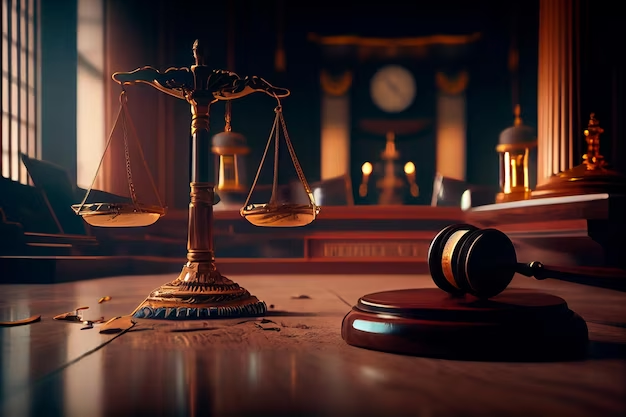
Insight of Rule of Law
As per the World Justice Project Rule of Law Index 2019
rule of law
adherence in 126 countries, India ranked 68[1].
The Rule of Law is measured on multiple factors like Government Powers, Absence of
Corruption,
Open Government,
Fundamental Rights, Order, and Security, Regulatory Enforcement, Civil Justice, and
Criminal
Justice which has fallen
from 65th to 68th. This Article is focused on meaning and understanding of the rule
of law in a
global sense also argues
on the vitality of subject in the present era. So, the concept of rule of law can be
traced back
from the civilization
of Greece, China, Mesopotamia, India and Rome.
In the fourth century, B.C. Aristotle wrote the book Politics which tells governance
of law and
suggested the notion of
participatory governance. While explaining it he quoted that all men should follow
and abide by
the law. Also, the
Greeks were among the first people in history to separate the court process from
government
power and introduced judgment by their peers.
